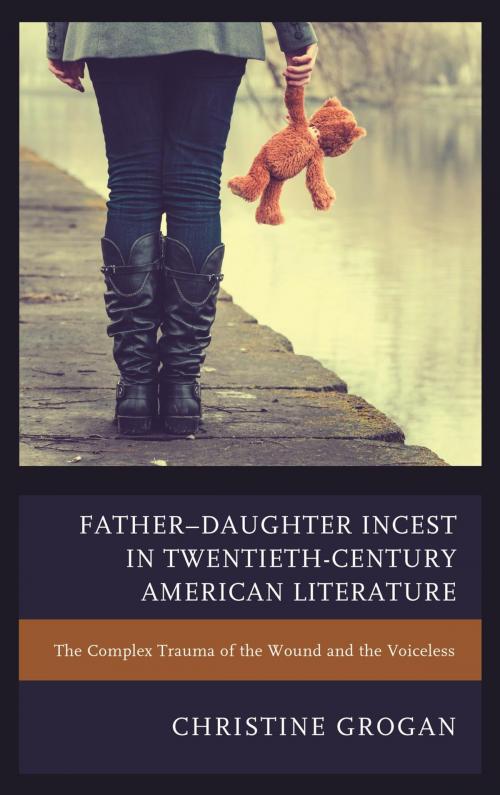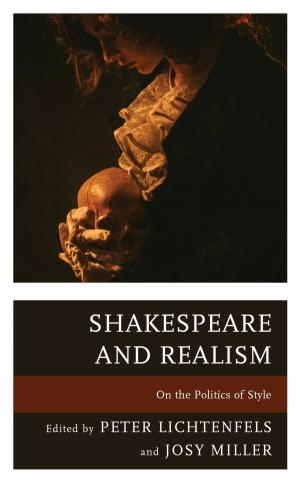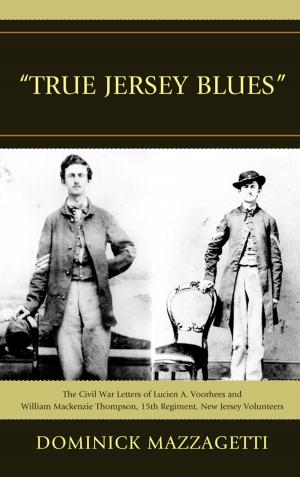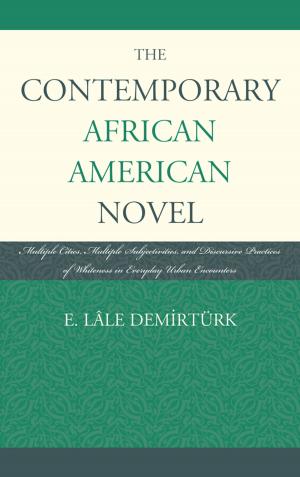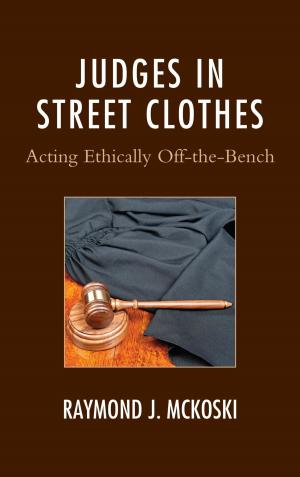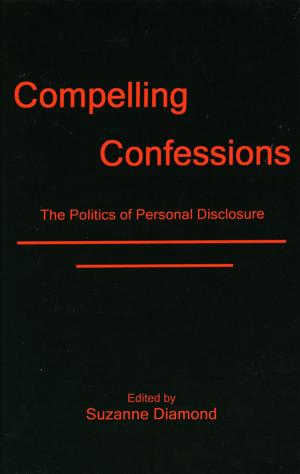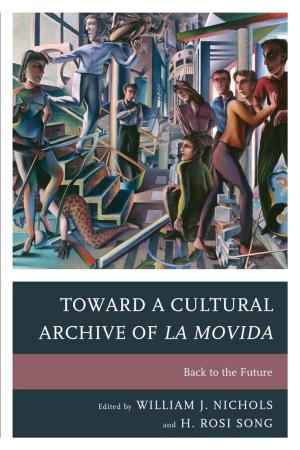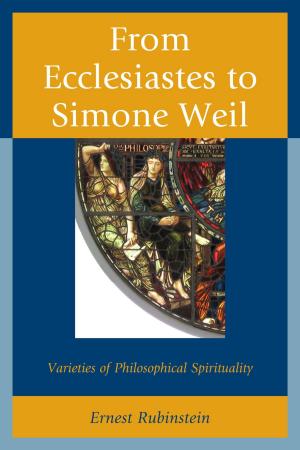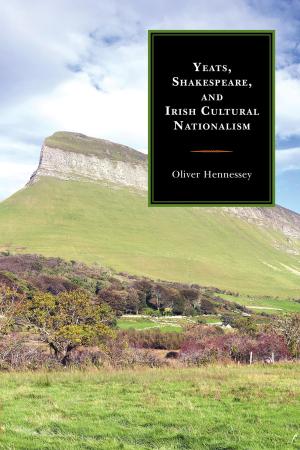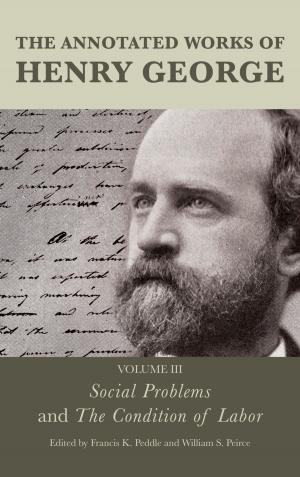Father–Daughter Incest in Twentieth-Century American Literature
The Complex Trauma of the Wound and the Voiceless
Nonfiction, Health & Well Being, Psychology, Mental Illness, Fiction & Literature, Literary Theory & Criticism, American| Author: | Christine Grogan | ISBN: | 9781611479683 |
| Publisher: | Fairleigh Dickinson University Press | Publication: | October 3, 2016 |
| Imprint: | Fairleigh Dickinson University Press | Language: | English |
| Author: | Christine Grogan |
| ISBN: | 9781611479683 |
| Publisher: | Fairleigh Dickinson University Press |
| Publication: | October 3, 2016 |
| Imprint: | Fairleigh Dickinson University Press |
| Language: | English |
The first major study to challenge the narrow definition of post traumatic stress disorder (PTSD) by rereading six American literary texts, this book argues for the importance of literature in representing not just circumscribed, singular traumatic events, as Cathy Caruth argued in the late nineties, but for giving voice to chronic and cumulative, or complex, traumatic experiences. This interdisciplinary study traces the development of father–daughter incest narratives published in the last hundred years, from male-authored fiction to female-authored memoir, bringing new readings to Fitzgerald’s Tender Is the Night, Ellison’s Invisible Man, and the Dylan Farrow-Woody Allen case.
This study builds on the work of those ushering in a second-wave of trauma theory, which has argued that the difficulty of speaking about a traumatic experience is not necessarily caused by neurobiological changes that prevent victims from recalling details. Rather, it’s from social and political repercussions. In other words, they argue that many who experience trauma aren’t unable to deliver accounts; they fear the results. There is a significant gender component to trauma, whose implications, along with those of race and class, have largely gone unexamined in the first-wave of trauma theory.
Exploring two additional questions about articulating trauma, this book asks what happens when the voice of trauma is crying out from what Toni Morrison has called the “most delicate,” “most vulnerable” member of society: a female child; and, second, what happens when the trauma is not just a time-limit event but chronic and cumulative experiences. Some traumatic experiences, namely father–daughter incest, are culturally reduced to the untellable, and yet accounts of paternal incest are readily available in American literature.
This book is written in part as a response to the psychological community which failed to include complex PTSD in the latest edition of the DSM (DSM-5), denying victims, many of whom are father–daughter incest survivors, the validation and recognition they deserve and leaving many misdiagnosed and thereby mistreated.
The first major study to challenge the narrow definition of post traumatic stress disorder (PTSD) by rereading six American literary texts, this book argues for the importance of literature in representing not just circumscribed, singular traumatic events, as Cathy Caruth argued in the late nineties, but for giving voice to chronic and cumulative, or complex, traumatic experiences. This interdisciplinary study traces the development of father–daughter incest narratives published in the last hundred years, from male-authored fiction to female-authored memoir, bringing new readings to Fitzgerald’s Tender Is the Night, Ellison’s Invisible Man, and the Dylan Farrow-Woody Allen case.
This study builds on the work of those ushering in a second-wave of trauma theory, which has argued that the difficulty of speaking about a traumatic experience is not necessarily caused by neurobiological changes that prevent victims from recalling details. Rather, it’s from social and political repercussions. In other words, they argue that many who experience trauma aren’t unable to deliver accounts; they fear the results. There is a significant gender component to trauma, whose implications, along with those of race and class, have largely gone unexamined in the first-wave of trauma theory.
Exploring two additional questions about articulating trauma, this book asks what happens when the voice of trauma is crying out from what Toni Morrison has called the “most delicate,” “most vulnerable” member of society: a female child; and, second, what happens when the trauma is not just a time-limit event but chronic and cumulative experiences. Some traumatic experiences, namely father–daughter incest, are culturally reduced to the untellable, and yet accounts of paternal incest are readily available in American literature.
This book is written in part as a response to the psychological community which failed to include complex PTSD in the latest edition of the DSM (DSM-5), denying victims, many of whom are father–daughter incest survivors, the validation and recognition they deserve and leaving many misdiagnosed and thereby mistreated.
